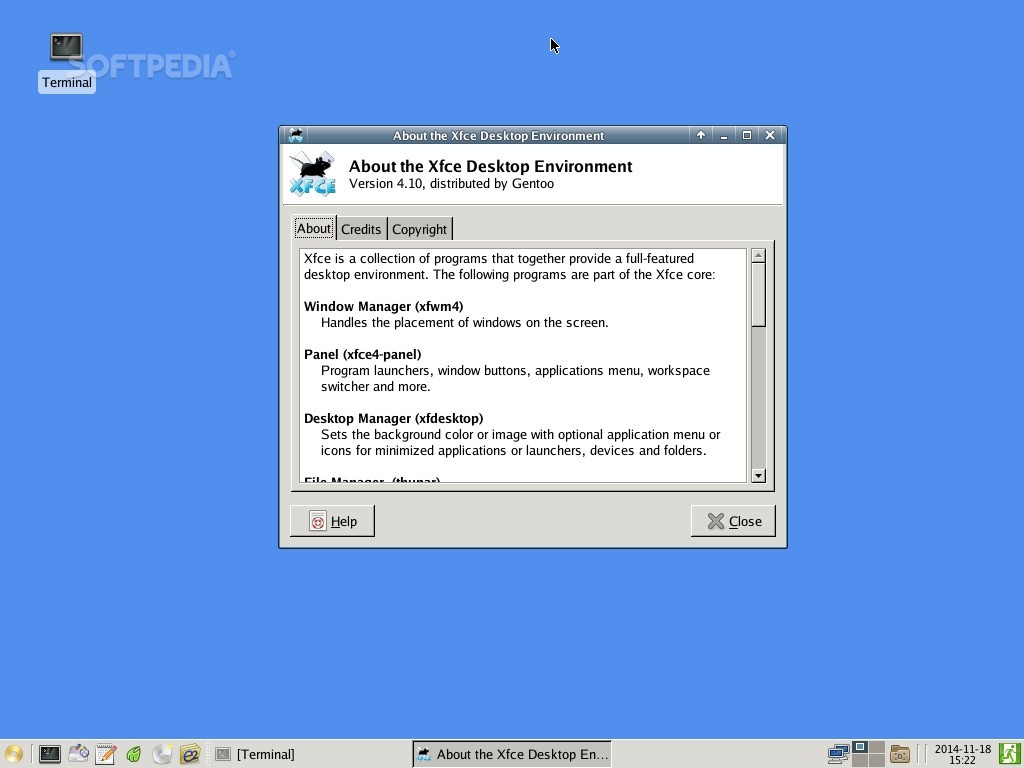

As you want to clone your harddrive, that suggests that something is already wrong with your computer, and there may be other things wrong with your computer (e.g. This issue isn't present with legacy CSM, so I'm using that mode at the moment to boot.Īlso of note, Windows 7 fails to boot under UEFI, setup hangs on the animated Windows logo splash screen right after the 'Loading Files' stage is done. 1 Answer Sorted by: 0 In my experience, it's unusual for SystemRescueCD to freeze. It seems Windows must set some flag in the BIOS (for fast-startup purposes, perhaps?) that interferes with being able to pull up the BIOS if said flag has been set until a restart is made from the OS.įWIW, Ubuntu 13.04 Live CD boots for me with UEFI on, but ONLY when the Built-in LAN is disabled - must be some UEFI issue, if it's enabled I just get a black screen past the GRUB menu. When I switched the original hard drive to a new SSD I purchased without changing the boot option as I just mentioned, I was unable to enter the BIOS to change the settings until I replaced the original hard drive and performed a restart of the pre-loaded Windows 8 OS. I've never done it but it could work but depends on if you changed the registry too I suppose. I should mention one particular tricky issue with the 1.10 BIOS version I have on my laptop. 1 Try making a symlink to the c:\users\username but point those to the D:\users\username restart and then see if that works.

Save your changes, and you should be able to hit F12 to select to boot from ODD or USB, as appropriate. Change it from 'UEFI boot' to 'CSM Boot'. Go to the 'Advanced' tab, and select 'System Configuration'. Next, disable Secure Boot on the 'Security' tab. You should be able to boot into legacy BIOS - First, hit F2 to access BIOS on bootup.

Systemrescuecd harddrive notshowingup install#
For the command line I suggest you install the smartmontools package and play around with smartctl. VG10s? That must be a S55 series laptop, which I own now myself. For the desktop, you can use 'Disk Utility' (aka palimpsest or gnome-disks depending on the Ubuntu release) for this.


 0 kommentar(er)
0 kommentar(er)
